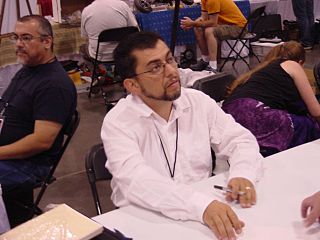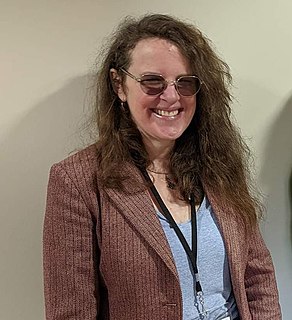A Quote by Jim Lee
I've been trying to make this argument that digital comics and print comics are both art, but there are subtle differences.
Related Quotes
There are a lot of good comics, no doubt, but as far as the quality of the comics goes, I think what you have is a bunch of situational comics - there are black comics that work only black crowds, gay comics that do only gay crowds, and southern comics that only work down South, and so on with Asian, Latino, Indian, midgets, etc. The previous generation's comics were better because they had to make everybody laugh.
I don't think comics use iconic forms - or they don't have to. But that makes them even more "cool," if I understand the idea. One has to be quite involved to make comics work. Signals have to be decoded on both the verbal and visual level, simultaneously, and the reader must do a lot of cognitive work between panels as well. Comics definitely need an engaged reader.
I started drawing comics, and at first I was very influenced by the whole pop art movement, you know, Batman was on TV and all that pop art stuff? But then my next influence was in 1966, or maybe it was '65, I don't know. Somebody showed me a copy of the "East Village Other", which was an underground newspaper. And... it had comics in it! And they weren't superhero comics.
In early comics, you see the amazing awkwardness and bizarre reasoning in the storyline, and it's because comics hadn't really been invented yet. There was no format for them to follow. They were just making it up. So I try to incorporate that kind of awkwardness in my comics quite frequently, which is odd. In some ways, I can't be as awkward as I'd like. But I do think that's one way in which my comics are unusual, because I will try to make the artwork look bad, occasionally.
I quit comics because I got completely sick of it. I was drawing comics all the time and didn't have the time or energy to do anything else. That got to me in the end. I never made enough money from comics to be able to take a break and do something else. Now I just can't stand comics. . . . I wish my work would be recognized by a larger crowd of people as more art than be stuck with the cartoonist label for the rest of my life.






































